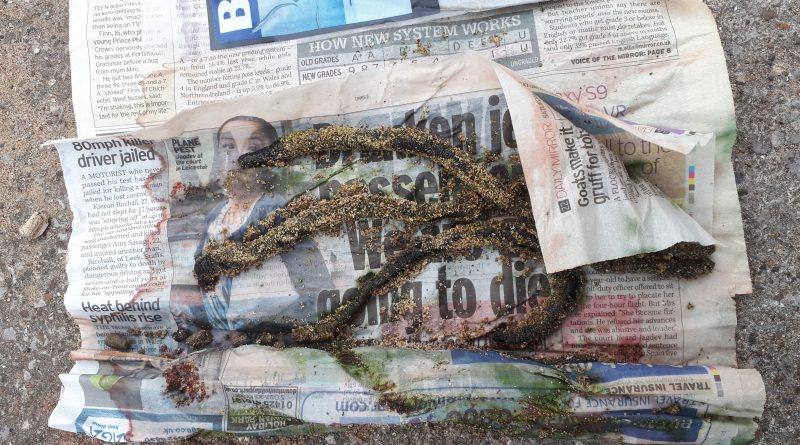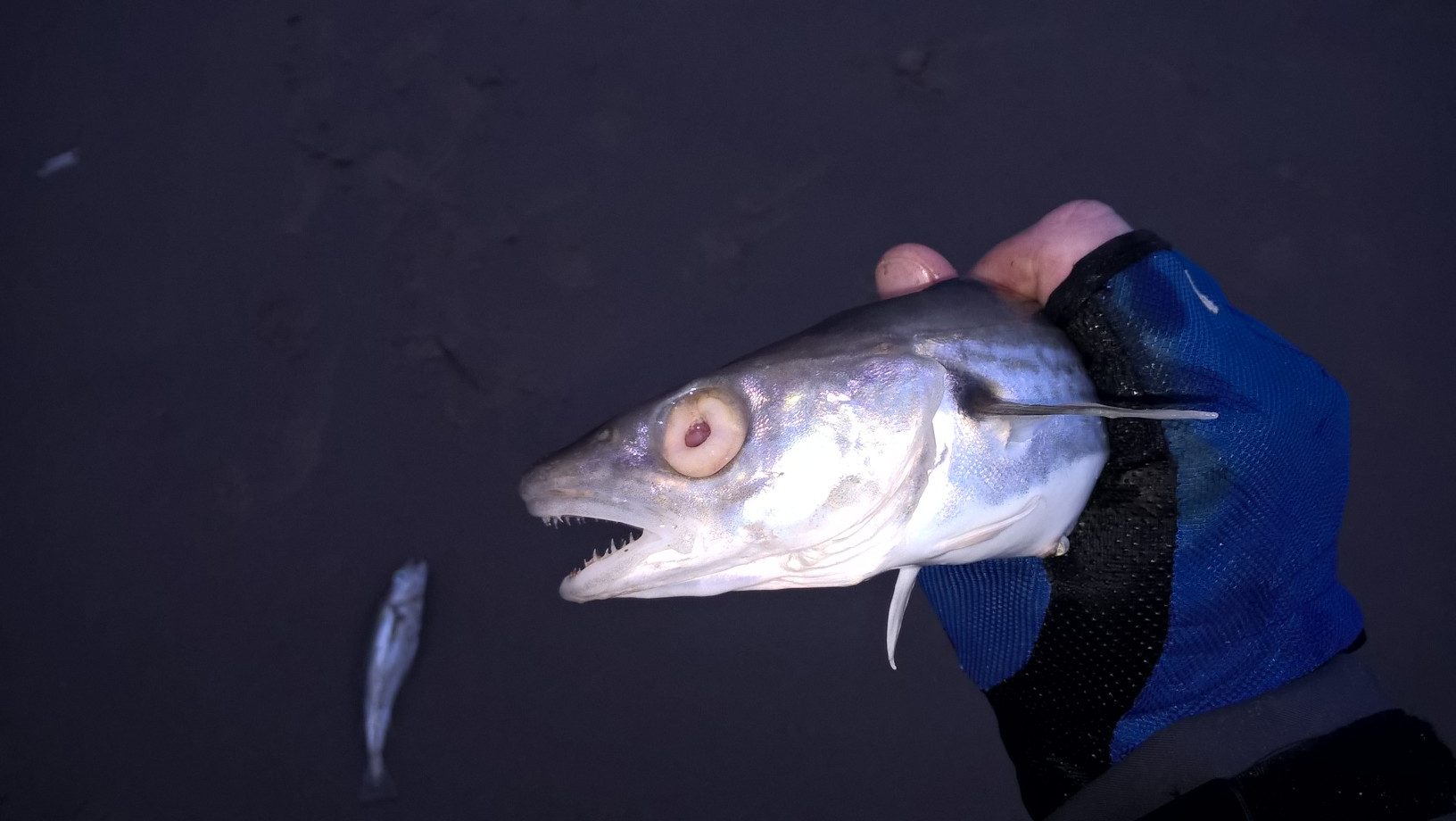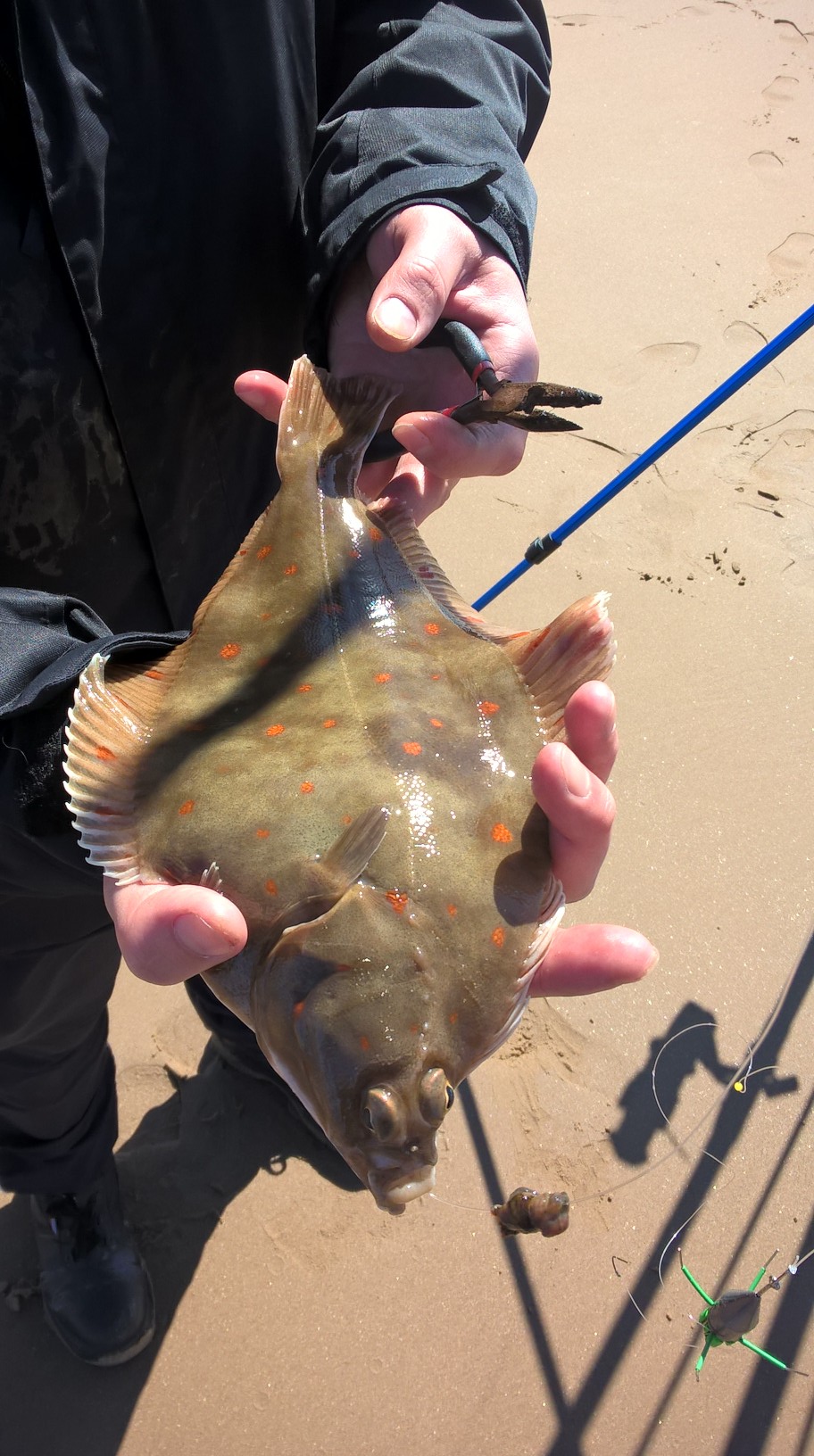How often should you change sea fishing baits?
How often should you change your sea fishing baits is a good question. In my opinion there is no clear answer, with all fishing there are many variables to take in to account.
However even with this many variables we do have control over some of them to a degree. Reading the water doesn’t have to be a master class, there are no hard or fast rules to it. There are a few aspects we can influence though, bait type and time in water.
Below are few things that should be taken into account when it comes to changing sea fishing baits.
Crab Activity
One critter to factor in when it comes to changing sea fishing baits are crabs. There are many occasions when crab activity is prolific and they can strip your baits in minutes. Essentially you can be waiting on a bite that just won’t be coming. Frustrating as they are when fishing you may well be anticipating the fish coming on when the hook is bare. Regardless of recommendations for changing baits below, if crabs are feeding it will shorten the change times of your bait dramatically. This could well be the deciding factor at times.
Tidal flow
The strength of a given tide will have a role to play in your bait changing times. Larger tides will in effect wash out the scent trails from your bait quicker. Tidal estuaries will create a scent trail to your bait however it can soon be washed out down tide. Keeping that scent in the water is key, this is done by changing out on a regular basic. Fish will and do find washed out bait all the time but helping them along the way with fresh bait can help increase your chances.
Water Clarity
Whether fishing clear or murky waters, scent is a key attractor due to visibility. Moreover when fishing the coast a large proportion of UK waters do have poor visibility. Scent is first on the list to help draw fish in to your baits. This is not as much of a factor in clear waters where fish can see your presented baits. This in effect doubles your chances, hence lures are seldom used in murcky waters such as the river Mersey etc. Maintaining a good scent trail is key to fishing in these conditions.
Higher water temperature may also have a small part to play in the speed at which baits can wash out.
Baits
Last on the list but probably the most important are the types of baits that you are using. When factoring in what effects we talked about above, the following is a base guide.
10-15 minutes on small bait ie worm, upto (on some occasions) 30mins for larger fish baits, squid wraps etc
Using the above as a mini guide you can always make adjustments to your bait changing times on the fly. Using a quick visual inspection of your retrieved baits is the best indicator
Take from this what you will. Match anglers will change baits far more often than most people, as will Pro’s. They catch plenty of fish, hence they are seen as good anglers, its all part of their tactics to catch fish and it works. Washed out bait is poor, I personally use it to bulk up bait because I’m tight as cramp. Yet I know I shouldn’t really.
There aren’t any hard and fast rules. Whatever we can do to help fish to home in on our baits is key to increasing catch rates. Even top anglers blank at times, the fish just aren’t there to be caught but that’s whole other article to ponder. As is the old fresh bait versus frozen debate.
If you have a few ideas on when to change your sea fishing bait drop me an email to turnerstackle@gmail.com. Secondly, if you would like to contribute with your own article with full credit given let me know.
Tight lines






